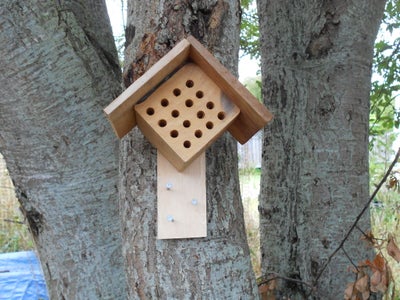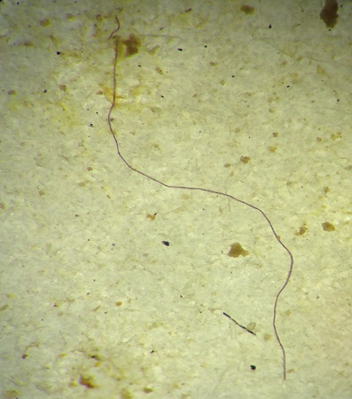A new year, a new promise...
I’m sure that many of you have pledged to become better environmentalists in 2020. Maybe you bought a reusable water bottle, started a compost pile, or pledged to purchase carbon offsets for your 2020 vacation to Paris.
But, have you ever thought of specific steps you can take that directly connect to Pennsylvania’s forests?
Keep reading below for 3 unique New Year’s Resolutions you can take for our Commonwealth’s green spaces:
Pledge to garden more humanely
When we hear the word “forest,” we often think about national and state parks, or public lands. However, forests have important uses in rural, suburban, and urban environments—and that includes your own backyard! Here are some ways to make your outdoor space more welcoming to your non-human neighbors:
Be more intentional in planting native species to feed and provide habitat for your backyard’s other inhabitants
Resolve conflict with garden pests as humanely as possible
Provide water and mineral access for wildlife through bird baths, damp stones, and salt licks
Eliminate your use of pesticides and herbicides
Less grass, more biodiversity
Avoid collecting and disposing of fallen branches and leaves–let them be to provide habitat for insects, amphibians, and others
Build and put up bird houses, bat boxes, butterfly houses, bee boxes, and more

Swear off microplastic fibers
As an undergraduate student, I designed my own research project to discover the prevalence of plastic fibers in the local creek lining my campus, which daily supported kayakers and fishers while also serving as the receiver for our campus’s laundry wastewater. I collected freshwater mussels from the stream and dissolved away the organic body of the mussel. This left behind sand, as well as any nonorganic substances like plastic. These mussels are filter feeders and have large amounts of water filtered through their bodies over a lifespan. As I looked over my samples under the microscope, I was shocked to find dozens of fibers in every color of the rainbow. These fibers had been lodged in the digestive tracts of the mussels and had not been properly excreted. This means that these plastic fibers, washed away from our bathing suits and missed by the inadequate filters of our washing machines, are finding their ways into our waterways and into the stomachs of aquatic organisms.
This causes great concern for the possibility of trophic transfer amongst aquatic food webs. If lower level filter feeders like mussels cannot adequately dispose of this waste from their bodies, they can starve, collapsing the availability of food for higher level organisms. Or, if they are consumed by a higher level organism, this plastic can then accumulate in that organism’s body as well.
So, what can you do?
Pay attention to your clothing tags! Avoid polyester, nylon, and other synthetic fabrics when you can and pick cotton, wool, bamboo, silk, or linen-based fabrics instead.
Less plastic-based clothing means less plastic fibers going into our streams and washing into our forests.

Get out and learn
The more intimate connections we form with our natural world, the more we work to protect and care for it. Fancy yourself an avid hiker? Get out of your comfort zone and join your community’s mushroomers! Better yet, bring a few of your less-than-outdoorsy friends.
Hike on a new trail: https://www.kta-hike.org/events
Join a hiking group on the Appalachian Trail: https://appalachiantrail.org/home/explore-the-trail/explore-by-state/pennsylvania
Learn to identify fungi:
https://epennmushroomers.org
Join a birding expedition near you: https://www.audubon.org/about/audubon-near-you